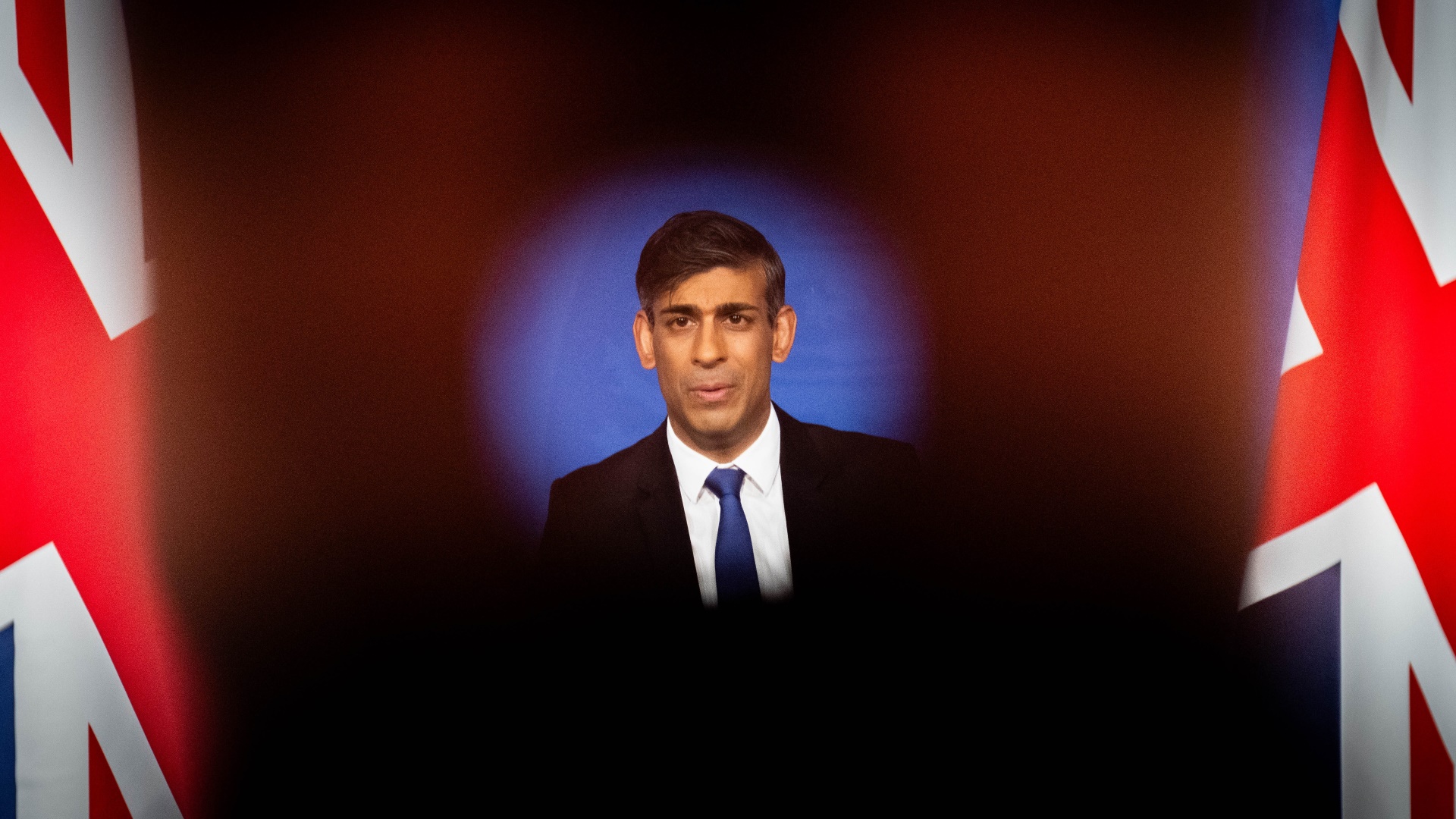Rishi Sunak, a prime minister supposedly committed to the long-term and to making the UK a net-zero nation, is nonetheless determined to issue new licences for the exploitation of 100 oil and gas fields in the north sea – causing rifts even within his own party that are noticeable even amid the constant circular firing squad that so defines the party under his premiership.
So disgusted was former energy minister Chris Skidmore over the proposals that he immediately quit as an MP – triggering yet another byelection headache for the PM – on scathing terms. Skidmore noted that “there is no case to make for increasing fossil fuel production”, said the plan of action was “wrong and will cause future harm” and that “the future will judge harshly” those MPs who vote in favour of it.
Alok Sharma, once Cop 26 president and a Cabinet member, says he will not be one of them. He has called the drill bill “smoke and mirrors” and accused Sunak of “chopping and changing” climate policies while reinforcing “the unfortunate perception about the UK rolling back from climate action”.
Sunak’s move is so completely bizarre and against all sound logic that it feels almost as if the main reason he wants new North Sea gas is to provide fuel for the industrial-scale gaslighting effort he is making towards the British public.
Most of the government’s rationale for allowing the exploration of the new fields is simply and demonstrably false, and the little that isn’t just wrong is simply incoherent. Sunak’s tenure as PM is marked with unworthy “accomplishments” – cancelling HS2, delaying net zero commitments, generally just trimming back and giving up – but this one stands out as just wildly destructive.
Let’s turn to the surprisingly straightforward task of knocking down the government’s various justifications for the plan. The first is that the UK needs “energy security” and these fields would provide them.
The problem here is that the legislation involved does nothing to earmark the oil and gas produced from these new licences for sale to the UK. If there was a higher bidder elsewhere, the company operating the site would be free to sell it to them – just as companies digging up oil and gas elsewhere, from whom we’re currently buying the stuff, do.
This means two things: first that the new fields don’t provide any actual additional energy security, but also that they don’t mean that energy would be any cheaper for the UK either. If the spot price for a barrel of crude is, say, $100, why on earth would a company able to sell the oil to anyone offer the UK a discount because it came from a UK field? That is not how international energy markets work, at all.
So we don’t get any improvements to energy security or energy prices, which on some level the government must know as they’ve started reaching for some truly desperate additional arguments to buttress the case: that using north sea oil and gas is somehow better for the environment. Official statements on the new field have claimed that using local gas produces “three times less” emissions than importing it.
This bit of the argument can get a little technical, so for the interest of time I’m going to skip over the details and just say this: those figures are based on importing gas by liquifying it, shipping it, and then turning it back into a gas – whereas in reality when the UK imports gas we just get it via pipeline, which is a much less energy intensive process.
More importantly, that “three times less” figure only covers the matter of getting the gas to where it is needed. It does not, crucially, include the emissions from actually burning the gas – which unsurprisingly dramatically outweigh those caused by its transit.
Most importantly of all, we know that for global climate change to be kept to anything like manageable levels, the overwhelming majority of known fossil fuels must not be dug out and exploited – at least half of all known oil and gas deposits must not be exploited.
The signal sent by opening up new oil and gas fields could not be worse. As countries actually leading on climate travel the world asking countries not to open up new oil and gas fields, there is no single action that could more obviously undermine climate advocacy than… doing just that.
If the UK wants to create new skilled jobs and improve its energy security, there are obvious alternatives to oil and gas. We are a world leader in wind power, we’re scaling up solar all the time, and eventually we surely can get hydroelectric right (as other nations have).
These are all products of the future, while oil and gas are relics of the past. Rishi Sunak appears to have picked which of those two he intends to be, too – if only he would give voters that same choice.











